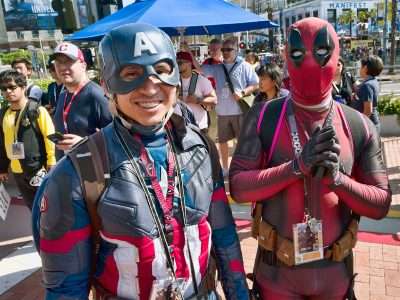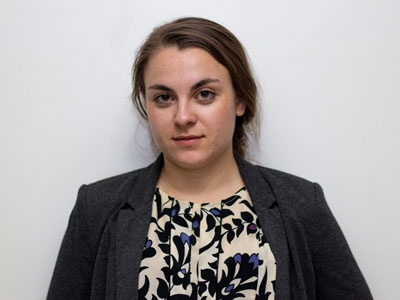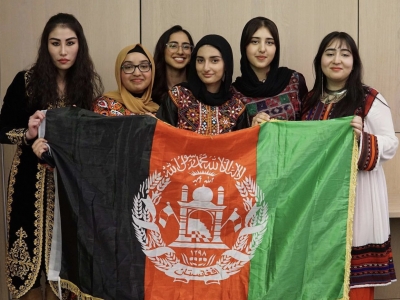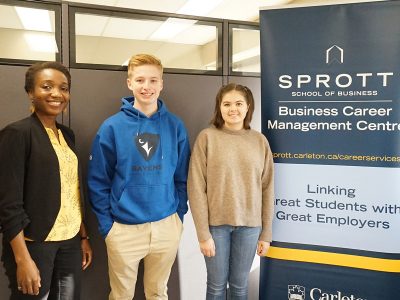By Elizabeth Howell
Photos by Chris Roussakis
About 60 students from Carleton’s School of Industrial Design showcased their final-year projects, addressing themes to help people in their everyday lives like workspace design, leisure activities, health and wellness; social and humanitarian design, automation design; environmental design, extreme condition design and entrepreneurship.
“There’s a lot of importance based on empathy with these projects,” said Director Bjarki Hallgrimsson/ “The students spend the first semester hooking up with their sponsors, users and different stakeholders to really understand the bigger problem. Then we get into a micro-solution to address the bigger problem.”
“Sometimes you can give a student some direction, and you come back a week later and they say they haven’t done that,” said contract instructor Miles Hammond. Instead, the students have come up with a better solution after listening to a mentor’s advice. Hammond is president of Studio 63, a local firm that hires Industrial Design students from Carleton.
Here’s a selection of the projects from the 42nd annual graduation show on April 12, 2019:
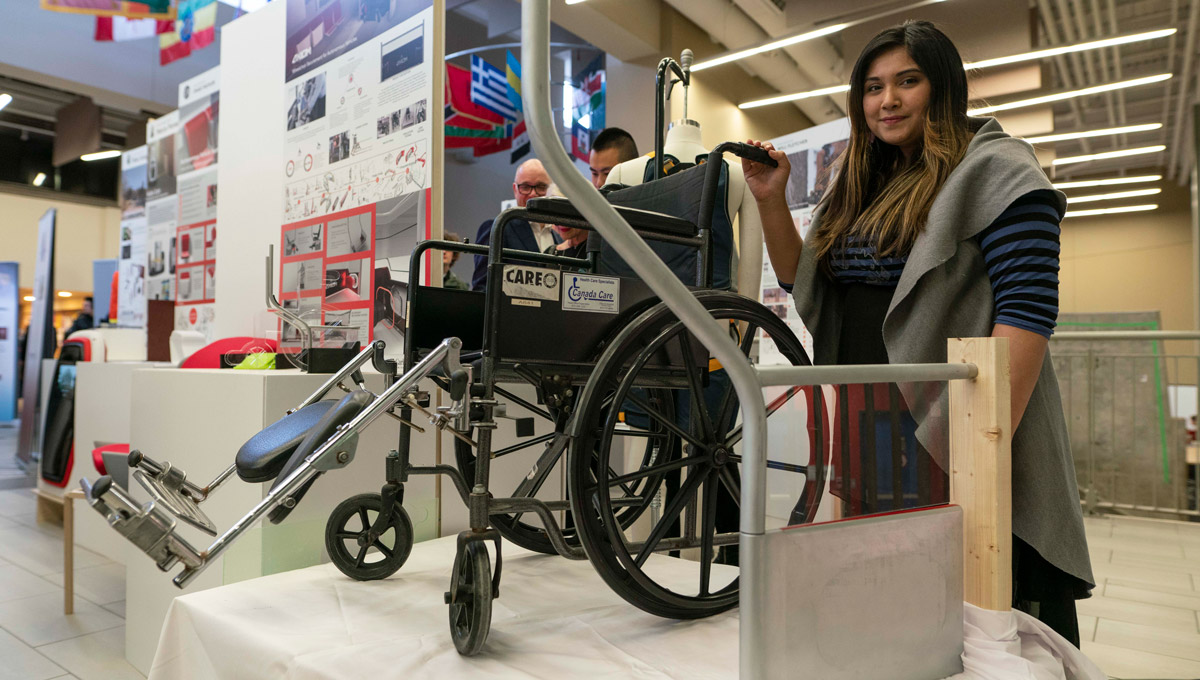
AXIOM: Wheelchair securement for autonomous vehicles (Amira Ashraf)
There is a large accessibility problem with autonomous vehicles. Without vehicle operators, people using wheelchairs do not have an efficient way to install themselves inside the vehicle securely because, traditionally, vehicle operators assist them.
Ashraf’s project uses multiple configurations to secure wheelchairs in different types of vehicles. While the design differs by vehicle, the convenience for users does not: “You push a button and can secure yourself,” Ashraf said. “You gain independence and don’t have to rely on anyone else.”
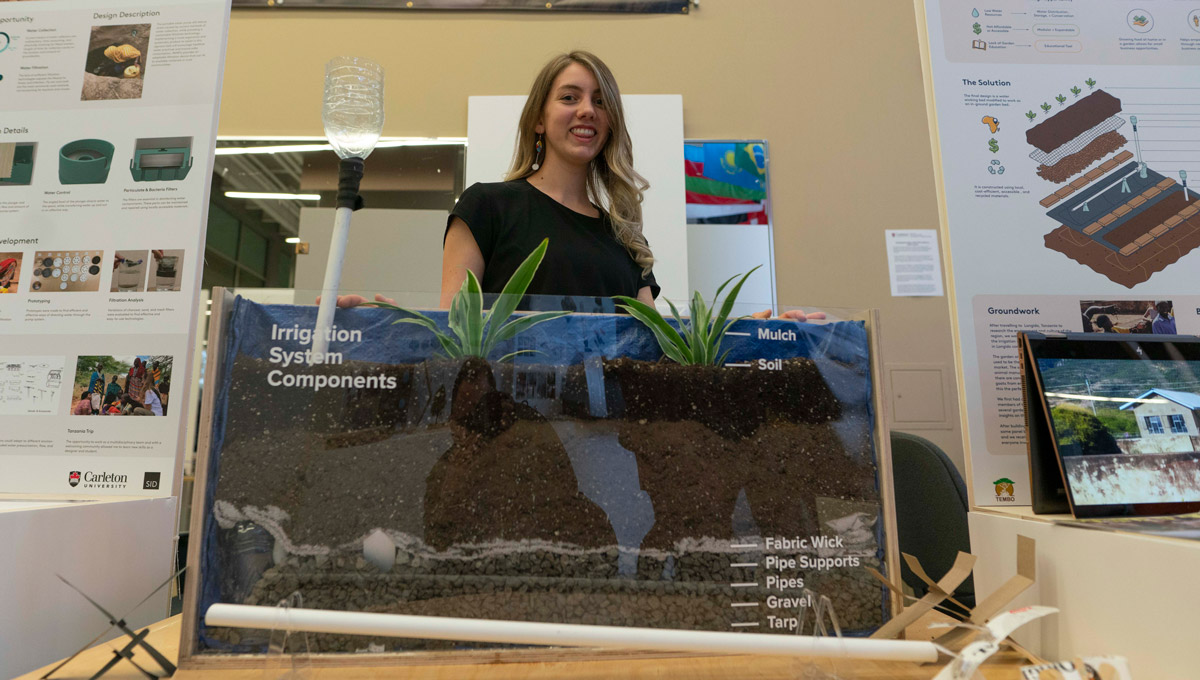
Garden irrigation system (Carmen Cumming)
Cumming created her garden irrigation system after she and other students worked with Tanzanians. “We got the opportunity to go to Tanzania and do projects with the Maasai people there, who are a northern Indigenous tribe,” Cumming said. “In the first semester, we did research and tied to figure out what they do need, what kinds of problems they need to be solved, and brought those ideas to Tanzania.”
Her system reduces evaporation and water runoff. It uses a combination of rocks (which create a water reservoir), a cloth (which wicks the water and brings it up through the soil) and pipes (which supply water into the reservoir).
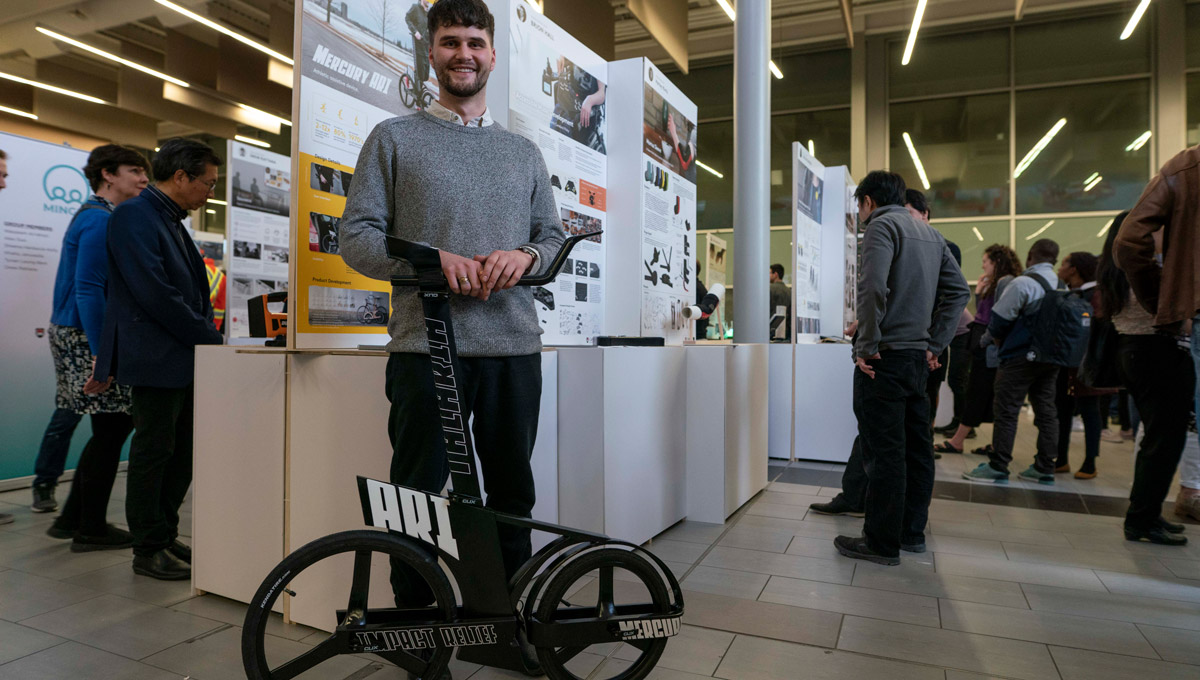
Mercury ARI: Athletic assistive device (Peter Uguccioni)
Running is a highly accessible and athletic sport. However, it carries a high risk of injury. Uguccioni said that a single step while running can generate up to 12 times a person’s body weight. Upwards of 80 per cent of runners are injured each year.
“I’m offering runners some relief from the stresses of the exercise,” he said. His project is a little bit like tracking poles on wheels – it’s a mini-bicycle-like device on which runners can support their weight, while receiving the benefits of exercising. “I’m investigating how a support structure could relieve the stress and distribute your weight while being as flexible as possible.’’
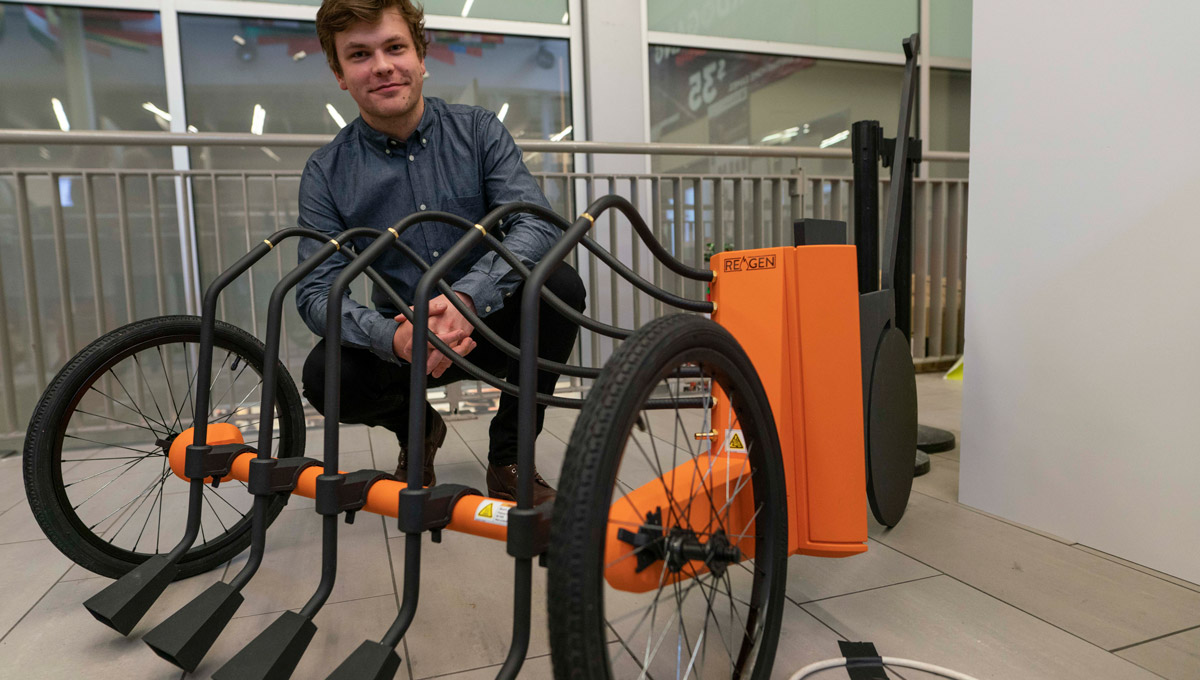
REGEN: Thermal weeding for market farmers (Benjamin Hall)
“Flame weeding” is a commonly used by organic farmers, who use fire to carefully clear fields before and during the growing season. Existing designs use two wheels and a propane tank mounted in such a way that it is hard to manoeuver the tractor; Hall’s design uses three wheels and moves the propane tank to a lower centre of gravity for better control and visibility.
“My goal has always been to grow more food within cities organically,” Hall said. “I started looking at different ways to do that and, through a long process, discovered that the most effective way of doing that is by supporting the people who already do that, like people at farmer’s markets.”
Tuesday, April 16, 2019 in Faculty of Engineering and Design
Share: Twitter, Facebook
